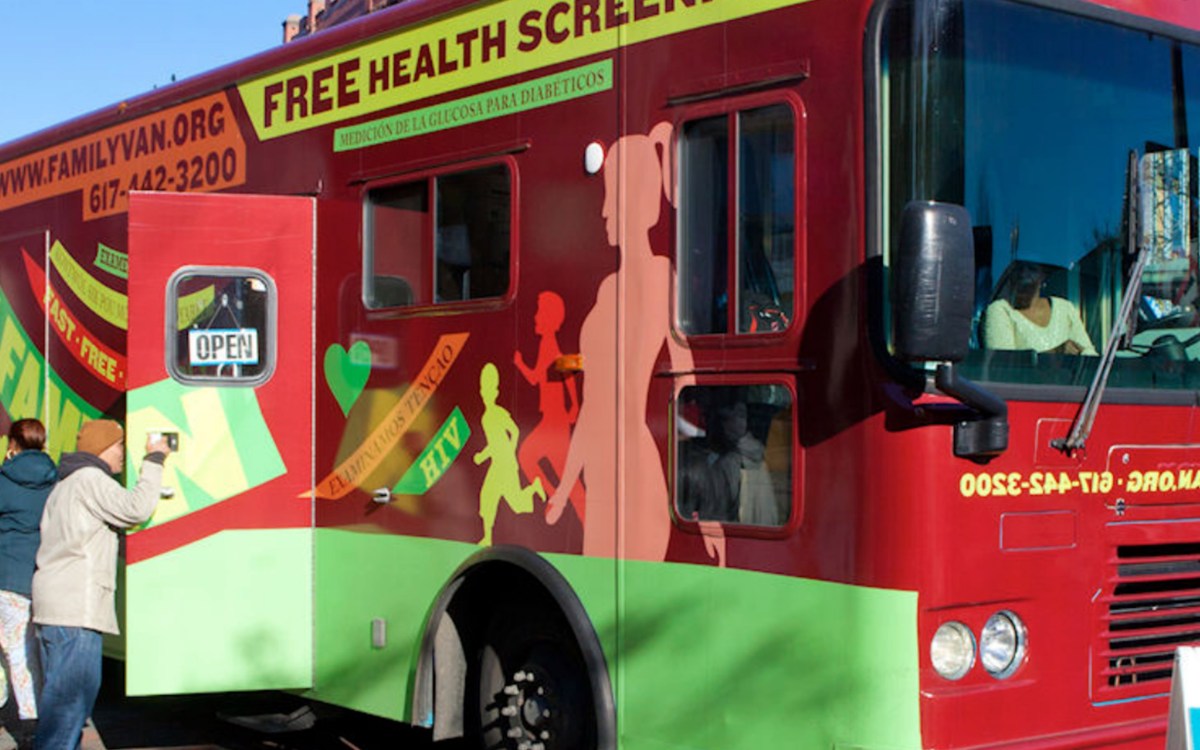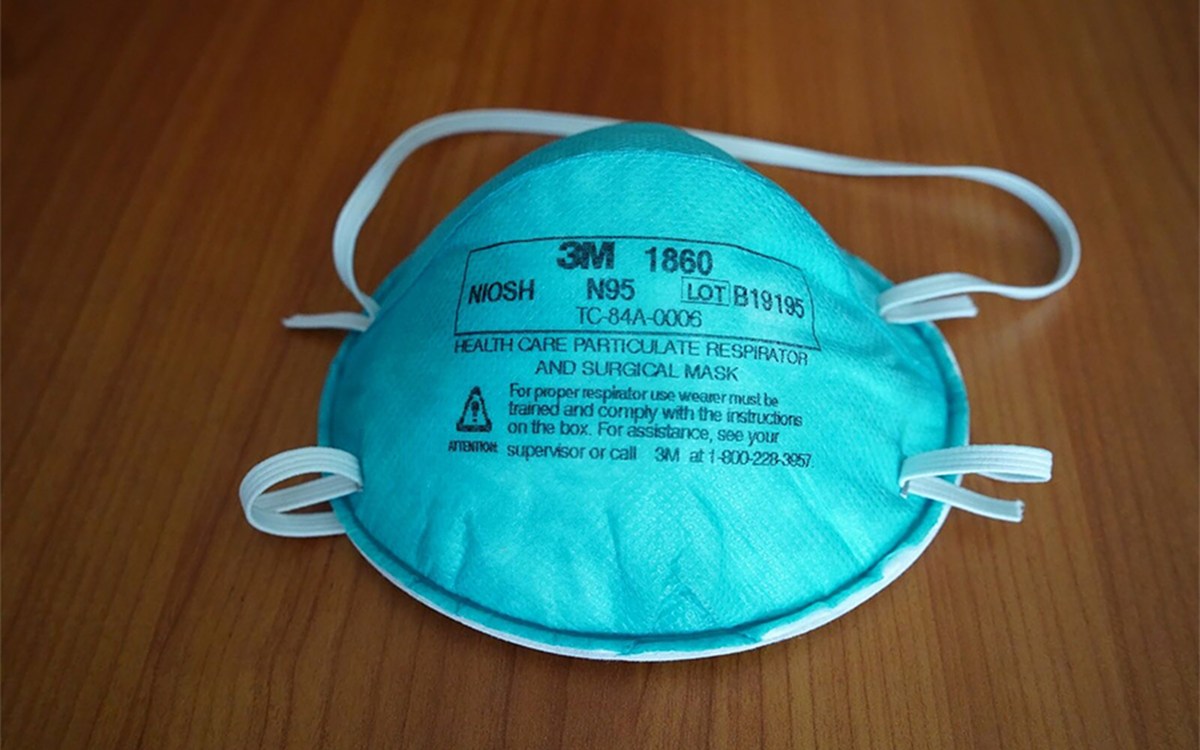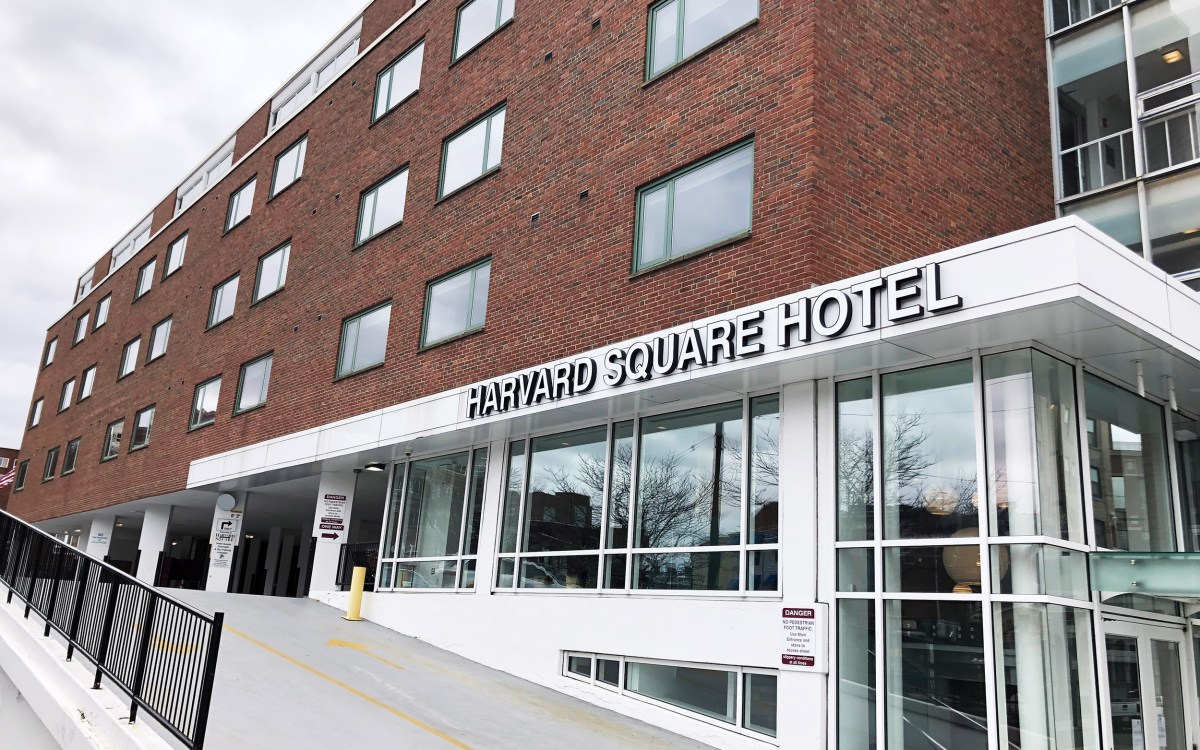
iStock
Harvard to help track the virus
Students from Chan School are helping to boost the volunteer public health workforce
Harvard health workers and those in Massachusetts struggling to deal with the influx of patients suffering from coronavirus are about to get some much-needed relief. Soon, hundreds of students from the Harvard T.H. Chan School of Public Health (HSPH) will begin assisting with phone calls and emails, part of the effort to identify and reach out to anyone who may have come into contact with someone infected with the novel coronavirus.
The students will work with both Harvard University Health Services (HUHS) and the Academic Health Department Consortium, a collaboration among 10 different schools and universities in the state and the Massachusetts Department of Public Health (DPH). The HUHS work will focus directly on the Harvard community while the DPH collaborative will support the work of many of the state’s 351 local boards of health. About 20 students began volunteering last week, and about 200 more are expected to start this week.
“The opportunity for Harvard Chan faculty and students to work side by side with other wonderful Massachusetts academic institutions during this public health crisis to support our state and local partners is something I am so proud that we can participate in,” said Chan School Dean Michelle Williams. “It mirrors — in a very intense and ideal way — how public health practitioners work together every day. It’s an incredible learning opportunity for all of us, in addition to the contribution we want to make.”
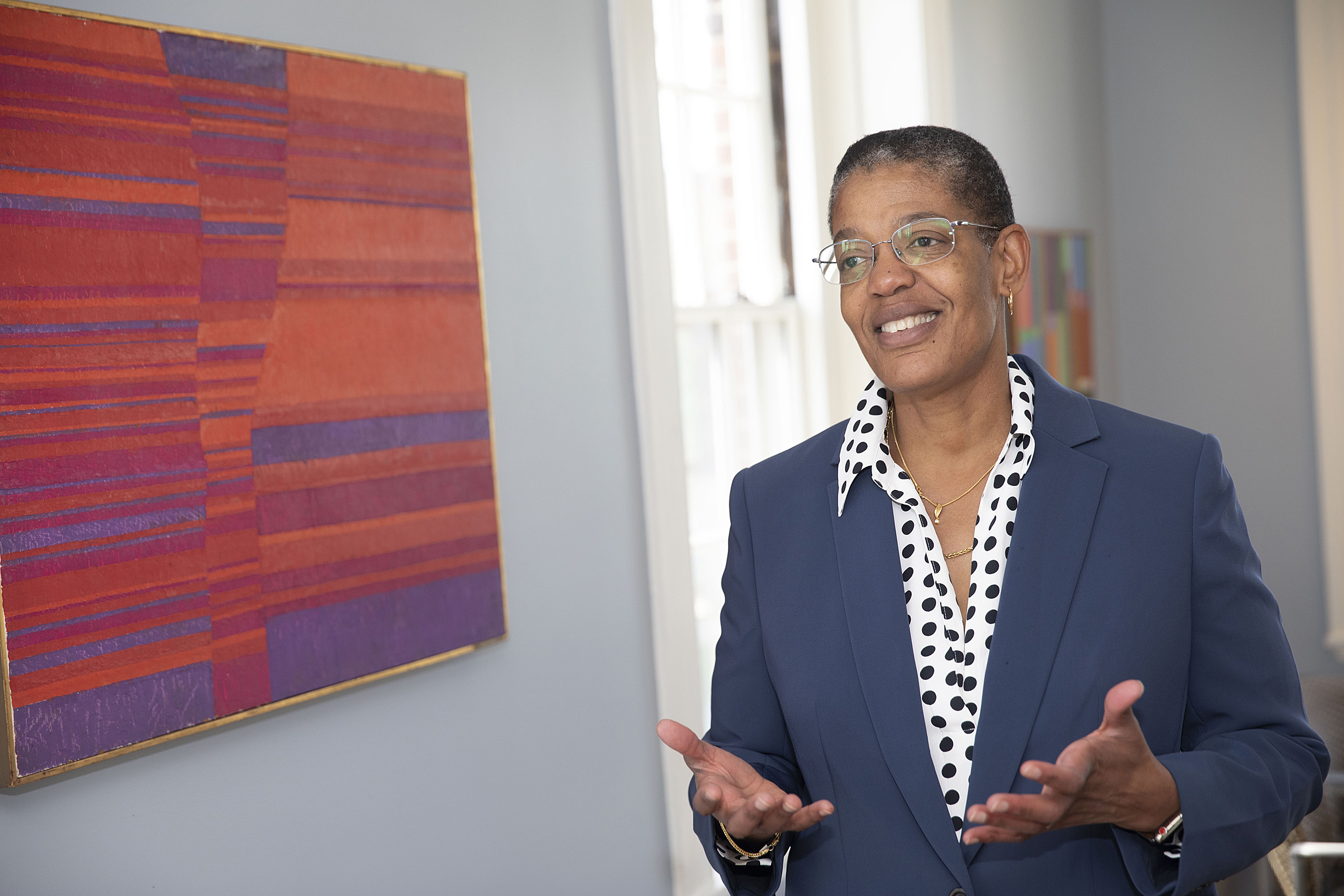
Working with the boards of health, the students will take part in case interviewing and contact tracing, communication efforts, including social media messaging that takes advantage of the students’ fluency in a range of languages, as well as other administrative tasks.
Eric Coles, a 2020 candidate for a doctorate of public health who is helping coordinate the volunteer workforce, said he is eager to help make an immediate impact.
“This is really urgent and pressing and I feel like there is such a wealth of knowledge within the School of Public Health, and just trying to disseminate that and distribute that out to these local public health departments is vital, it’s essential,” said Coles who, along with other students in the doctor of public health program has been pairing the more than 1,300 student volunteers with local boards of health in need of help.
Much of that help will come in the form of tracing contacts — reaching out to people infected with coronavirus via email, phone, or mail to compile detailed information about their symptoms and possible sources of exposure, and to identify and connect with anyone the patient may have been in contact with in an effort to isolate new cases and slow the virus’ spread.
In collaboration with HUHS, the Chan School students will be fielding calls and emails from the Harvard community about the virus, tracking the latest recommendations from the World Health Organization and Centers for Disease Control and Prevention, and assisting with health promotion programming.
Giang T. Nguyen, director of Harvard University Health Services, who reached out to the School for student assistance managing their COVID-19 response, said he is “thrilled with the degree of interest and engagement among our HSPH student volunteers as they help support key areas of our COVID-19 response in the community.
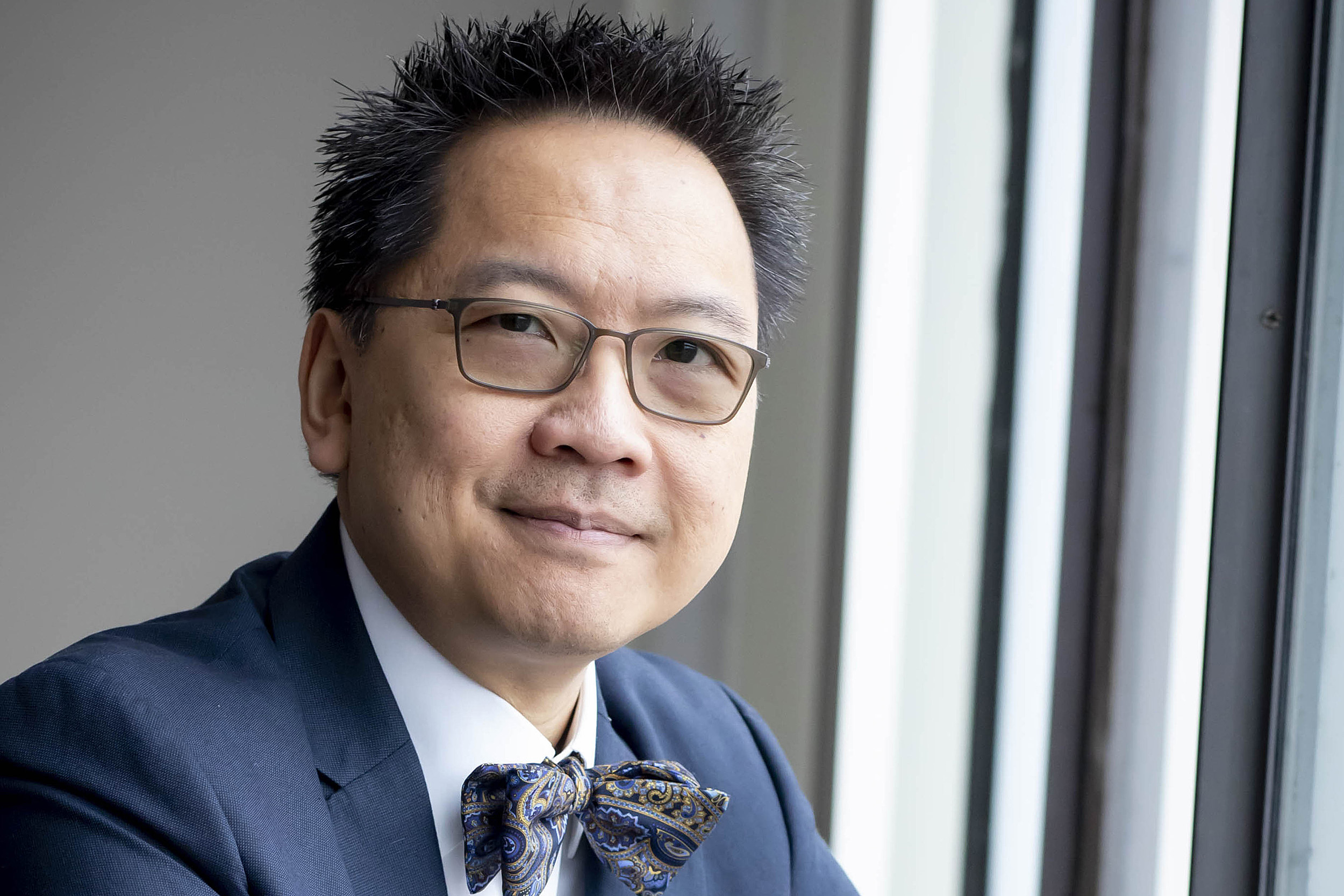
“I’ve worked with graduate public health students in many contexts over the years. This pandemic creates extraordinary new challenges but also brings unique opportunities for budding public health professionals to participate in real-life public health practice,” said Nguyen. “We are very lucky to have this partnership with the students.”
For students, the volunteer opportunities have tapped a desire to get involved.
“There’s suddenly been a burst of activism from the student body as we’ve realized we’re all public health professionals, and we can do something about this, we can use our skills to help everyone,” said Lucas Buyon, Ph.D. ’23, president of the Harvard Chan Student Association, which represents the School’s roughly 1,000 enrollees.
Buyon said the call for HUHS volunteers went out by Facebook and email, and within 72 hours 200 students had signed up. Response to the state collaboration has been equally strong, said Coles, with more than 1,300 students from the 10 different schools already on board to help.
Their help comes at a vital time. As of Friday there were 10,402 confirmed cases of the disease in the state and 192 deaths. Those numbers will no doubt continue to rise as testing in Massachusetts increases. In recent days, Boston hospitals have reported a sharp increase in the number of infected workers, and some health experts fear coronavirus cases in Massachusetts will soon surpass those in New York, considered the epicenter of the health crisis in the U.S.
Graduate School of Design exploring ways to create PPE
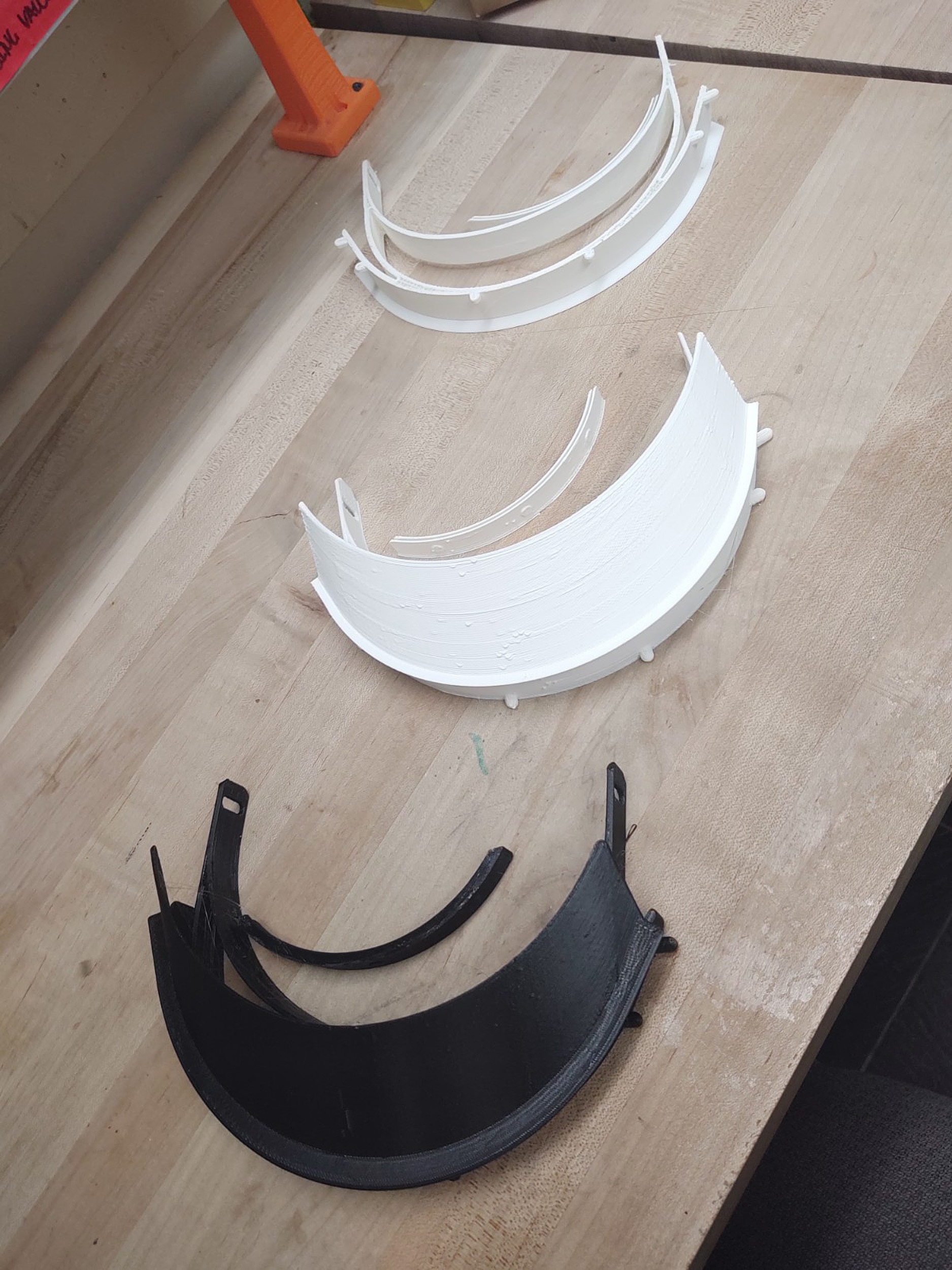

GSD’s current PPE production efforts.
Photos by Christopher Hansen
Faculty members of the Harvard Graduate School of Design have been consulting with the newly formed Mass General Brigham Center for COVID Innovation to explore whether and how the GSD’s Fabrication Lab facilities, including 3D printers, might be put to work to help create Personal Protective Equipment (PPE) for frontline medical personnel, including face masks and diagnostic aids such as nasopharyngeal test swabs. As part of the effort, GSD faculty have been collaborating with partners from the Harvard John A. Paulson School of Engineering and Applied Sciences, the Wyss Institute for Biologically Inspired Engineering, Harvard Medical School, and the Chan School.
Noon weekday contemplative gatherings and HDS podcast
Those in need of a little spiritual connection can log onto the Harvard Divinity School’s “gentle, 30-minute intentional experience of shared reflection.” The weekday noontime event is hosted on Zoom and includes the sharing of silence, music, and text, as well as reflection in small groups, and a blessing.
A new podcast developed by two HDS students aims to help “our Harvard Divinity School community and the wider world by bringing together the spiritual tools of our community in one feed as we all process this traumatic situation. There will be conversations, meditations, sermons, and other collaborative offerings.”



